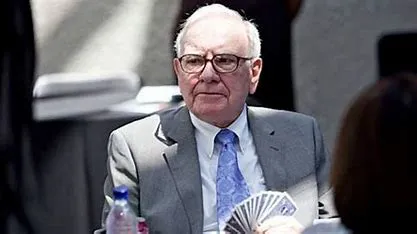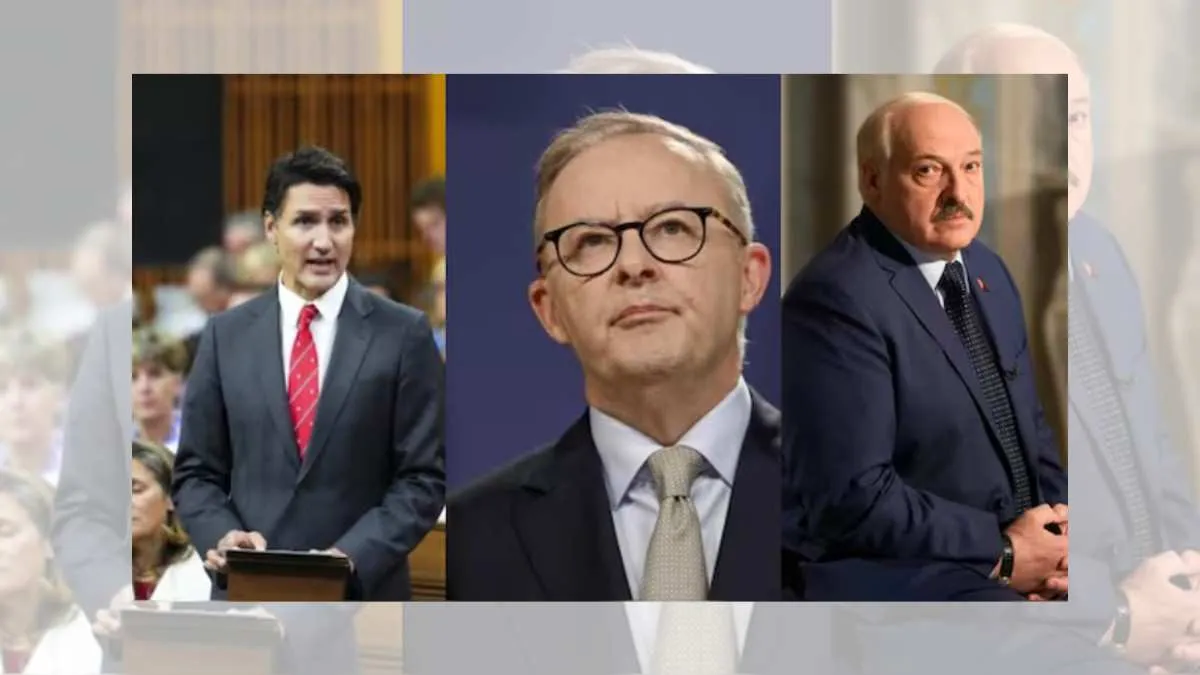Mike Pence and Bernie Sanders are hardly political allies. But in the aftermath of two large bank failures, the conservative former vice president and the democratic socialist senator are striking remarkably similar tones. Pence, a Republican, bemoaned that “we live in a world where certain politically favoured businesses are propped up, backstopped and bailed out by government.”
Sanders, an independent who caucuses with Democrats, said “we cannot continue down the road of more socialism for the rich and rugged individualism for everyone else.”
Adam Green, co-founder of the Progressive Change –
Their sentiment reflects the populism that has coursed through both political parties in the 15 years since shaky financial institutions last spurred anxiety about the broader economy.
The 2008 financial crisis unleashed a political realignment that rejected perceived elites and establishment figures, often with unpredictable results for Democrats and Republicans alike.
“There is rising discontent with corporate greed, which is less about left versus right than top versus bottom”.
Campaign Committee, which was the first national group to endorse Massachusetts Sen. Elizabeth Warren’s populist-infused 2020 presidential campaign.
In the wake of the 2008 crisis, the Republican Party was overtaken by the tea party movement, which clamoured for smaller government and limits to federal spending.
Donald Trump was eventually elevated at the expense of more established leaders like Jeb Bush, John Boehner and Paul Ryan.
Among Democrats, Occupy Wall Street activists drew attention to the party’s longstanding ties to big business and went on to help energise Sanders’ aggressive challenge to Hillary Clinton during the 2016 campaign.
Warren rose from a Harvard University bankruptcy expert to a national political figure who helped create the Consumer Financial Protection Bureau.
That was such a centrepiece of her White House bid that supporters sometimes chanted “CFPB” at her rallies. Meanwhile, a new generation of younger lawmakers aligned with democratic socialists, including New York Rep. Alexandria Ocasio-Cortez, joined Congress, often toppling longtime incumbents.
The result is a deeply fractured political environment in which members of each party are responding to a base of voters who are skeptical of institutions and uninterested in the political niceties that once ruled Washington. At the White House on Monday, President Joe Biden sought to navigate those forces by insisting that taxpayers won’t be on the hook for any assistance to failing banks.
“This is an important point: No losses will be borne by the taxpayers,” said Biden, whose early days as vice president under Barack Obama were consumed by the response to the financial crisis. The current turmoil is different from that era. While the 2008 crisis centered on souring mortgages held by many banks, this week’s trouble seems more narrowly confined to institutions that weren’t properly prepared for rising interest rates.
And while some of Wall Street’s most prominent firms, including Washington Mutual and Bear Stearns, collapsed in 2008, there’s little concern now about the strength of firms that are considered “too big to fail.”
That’s because reforms adopted in the wake of the crisis intensified the scrutiny of such institutions, subjecting them to greater regulation, tougher capital requirements and regular stress tests that examine whether they can survive sudden traumas.






